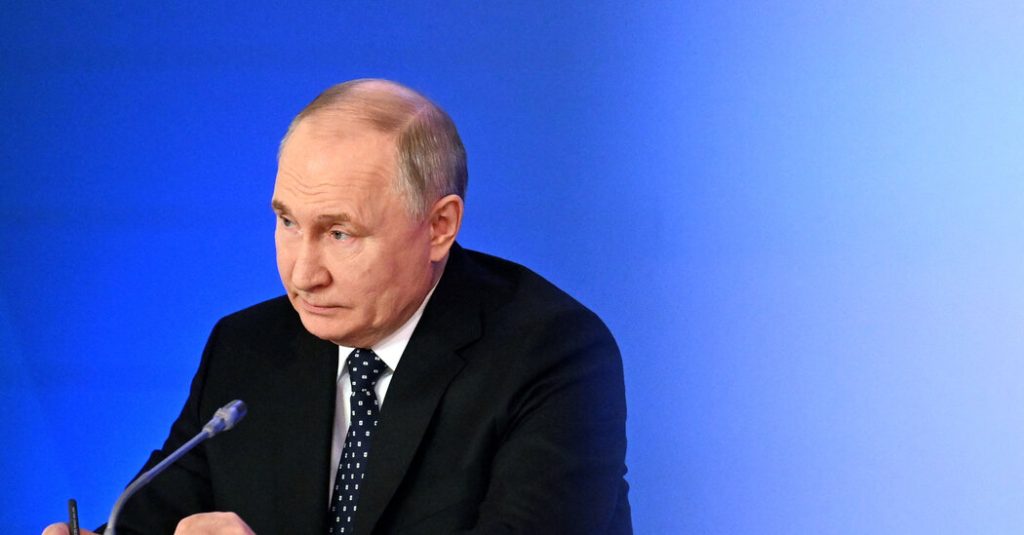American officials are increasing pressure on Russia to prevent the deployment of an antisatellite nuclear weapon in space. Concern has been growing in Washington over Russia’s development of this weapon, particularly since Moscow vetoed a U.N. measure aimed at keeping space free of such weapons. The U.S. has obtained information that undermines Russia’s claim that the device is for peaceful scientific purposes. The weapon could destroy swarms of satellites, disrupting global communications and other essential services that rely on satellites in lower earth orbit.
Assistant Secretary of State for Arms Control, Mallory Stewart, condemned Russia’s veto and argued that every country should push Russia not to deploy a nuclear-armed satellite. The international community could face serious consequences if Russia moves forward with this program. Despite Russia’s denial and claims that it doesn’t intend to deploy a nuclear weapon in space, American officials are skeptical based on their observations of Russian work on the device and preparations to potentially put it in orbit. The deployment of such a weapon in space would threaten a wide array of communication, scientific, and national security services.
The 1967 Outer Space Treaty prohibits the deployment of nuclear weapons in space, yet American officials fear that Russia could disregard this treaty as it has done with past arms control agreements. The United States believes that the bans on deploying arms in space could be the next to go, as Russia has walked away from existing arms control treaties and placed its personal ambition above international law. China, who abstained from the Security Council vote and backed Russia’s position, has contributed to concerns over the international community’s inability to establish a broader ban on weapons in space.
Concerns have been raised in the U.S. Congress about the growing threat of the Russian weapon. Representative Michael R. Turner has compared the situation to the Cuban missile crisis, warning that the Biden administration needs to do more to deter Russia from deploying the weapon. Defense Secretary Lloyd J. Austin III highlighted the devastating consequences of a nuclear-armed antisatellite weapon, emphasizing the irresponsible nature of deploying such a device in space. While some believe that the Biden administration should focus more on highlighting the threat and deterring Russia, others express skepticism over whether Russia truly intends to not deploy a nuclear device in space.
Russian officials are set to defend their veto of the U.N. Security Council resolution in front of the General Assembly. The international response to Russia’s potential deployment of a nuclear-armed satellite should be outrage, as it would affect every country indiscriminately. The U.S. has been working diplomatically to prevent Russia from moving forward with this program, as it poses a significant threat to satellite-dependent services. American officials are closely monitoring the situation and taking steps to address concerns over the Russian weapon, urging other countries to join in efforts to prevent the deployment of a nuclear weapon in space.


